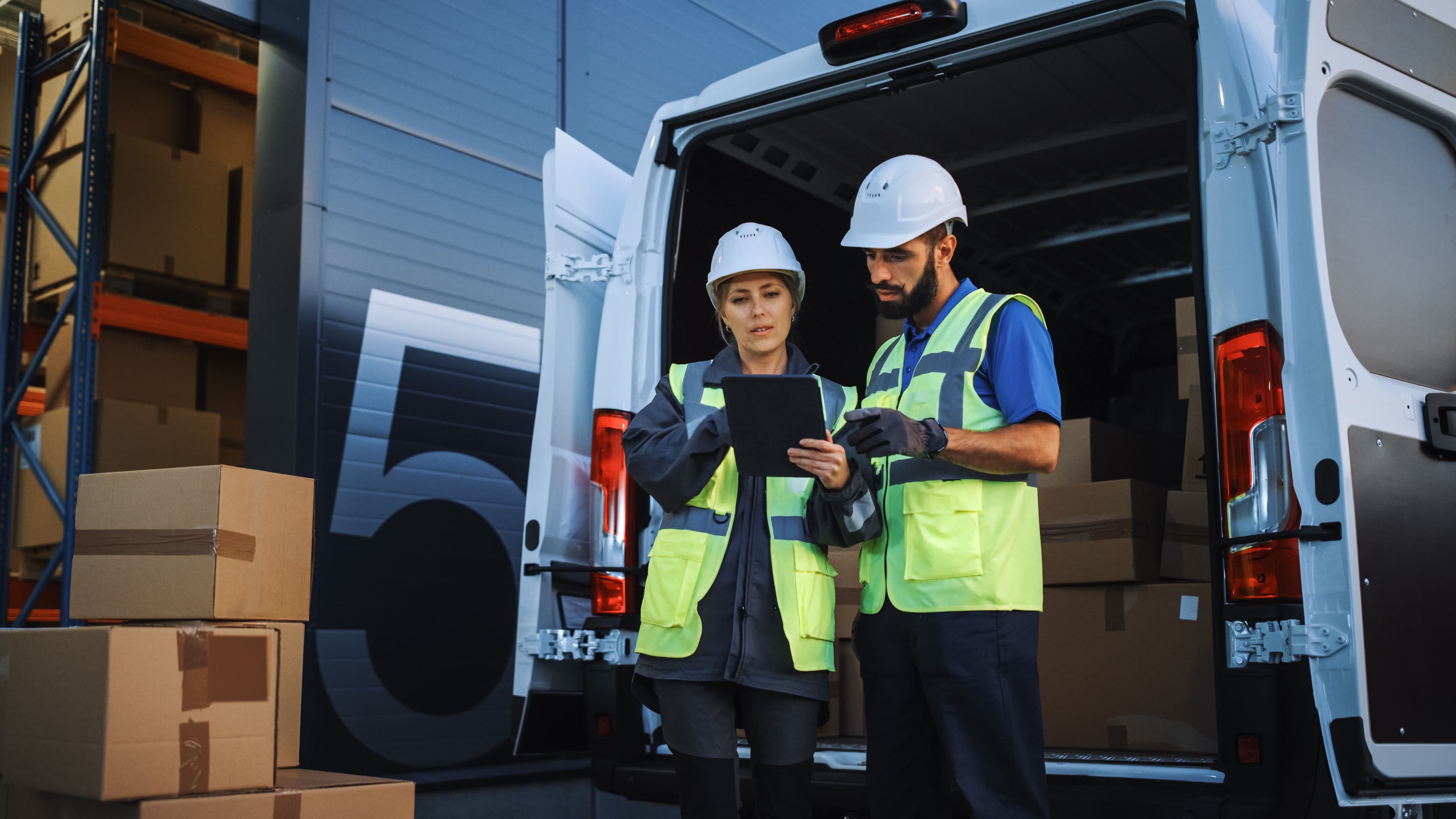- Home
- Telematics
- 3G shutdown
Telstra 3G shutdown: Navigate the transition

When is 3G being switched off and why?
Australia’s telecommunications landscape is undergoing a transformative change, and the telematics industry is at the forefront of this evolution. The 3G shutdown dates have been announced with Telstra’s 3G mobile phone service to be discontinued from August 31, 2024, and Optus switching off 3G from October 28, 2024.
This will leave many businesses in the telematics sector vulnerable and increase the demand for 4G telematics hardware solutions to keep up with the change.
3G networks and 4G networks employ distinct equipment and algorithms; 3G relies on wideband code division multiple access (WCDMA) technology, utilizing the full cellular spectrum used for data transmission, while 4G utilizes orthogonal frequency-division multiplexing (OFDM) technology, segregating the spectrum into smaller sub-bands to enhance efficiency.
The 3G shutdown could be an excellent opportunity to maximise fleet performance, as Radius 4G LTE technologies will provide 10x swifter data speed and better connectivity, that will save on the expenses associated with sustaining the outdated network and improve fleet performance.

Is your business ready for the 3G shutdown?
Telstra will shutdown all its 3G services on June 30th, 2024 and Optus will follow in September. Make sure you're not impacted by the change by speaking to us today about your telematics needs so we can offer the best solutions to keep your fleet connected.
Contact us

How will the 3G shutdown affect fleet management?
The imminent 3G network shutdown presents significant challenges when it comes to the reliability of telematics services. These challenges include potential data delays, tracking disruptions and operational inefficiencies. It will have far reaching implications for devices dependent on 3G connectivity. Beyond smartphones, a wide array of devices utilising SIM card communications will also be affected. This includes vehicle telematics, security systems and various other devices. As 3G-dependent devices become obsolete, businesses must swiftly transition to modern hardware to maintain real-time data transmission and tracking capabilities.
This transition is essential to mitigate heightened maintenance costs and operational downtime associated with outdated technology. Moreover, non-compliance with regulatory mandates, such as Electronic Logging Device (ELD) requirements, poses financial risks and operational disruptions. The urgency is underscored by limited support and updates for legacy systems, emphasizing the critical need for businesses to adopt contemporary telematics solutions promptly.
Proactive planning is imperative to navigate challenges such as resource scarcity, time constraints, escalating costs, and compliance obligations effectively. By prioritizing timely action and embracing modern telematics technology, businesses can ensure seamless operations and regulatory compliance amidst the 3G network phase-out.

Benefits of 4G hardware
Extended wireless network coverage
Enhanced connectivity for fleet tracking.
Higher bandwidth and data speeds
Faster data transmission rates for real time monitoring.
Low latency
Minimal delay in data transfer for instant updates.
Wider range of coverage
Broader geographic reach for tracking remote assets.
Improved network reliability
Enhanced service reliability for uninterrupted tracking.
Greater compatibility with cellular tech
Seamless integration with advanced telematics technology.
Prepare your business
Assessing your fleet inventory
Before embarking on the transition, it's crucial to conduct a thorough assessment of your fleet's existing inventory of telematics devices. This involves compiling a comprehensive list of all the devices currently in use, including GPS trackers, dash cams, and electronic logging devices (ELDs), that rely on 3G connectivity. This inventory will serve as the foundation for planning the upgrade process and identifying which devices need to be replaced. At Radius, our team can help you with our vast range of products, to match the compatibility of the device.

Prepare your business
Finding the right provider
Fleet managers should explore the offerings of various telecommunications providers to determine the best options for transitioning to 4G services. Try considering factors such as network coverage, data plans, and compatibility with your fleet's devices. Get a free quote from Radius for your upgrade options or provides guidance on transitioning to newer technologies.

Prepare your business
A detailed roadmap
With an understanding of your fleet inventory and telecommunications options, it's time to develop a comprehensive transition plan. This plan should outline the entire process from start to finish, including timelines, responsibilities, and contingency plans. Calculate the time required for installers to replace 3G devices in each vehicle, considering factors such as installation time per vehicle and the total number of vehicles in your fleet. A clear and structured plan will ensure a smooth and efficient transition. Here at Radius, we have our dedicated installers all across Australia; we can arrange and timeline your Installations.

Prepare your business
Communication and training
Effective communication and training are essential components of a successful transition away from 3G technology. Hold team meetings with all relevant stakeholders to communicate the upcoming changes, reasons behind the transition, and benefits of upgrading to 4G or 5G technologies. Provide comprehensive training sessions to familiarize your team with the operation of new devices and any updated fleet software or applications. At Radius, we offer personal account managers who will work closely to ensure a smooth transition to advanced telematics solutions and schedule training sessions as well.

Frequently asked questions
Can’t find an answer to your question? Talk to the Radius customer support team on 1800 723 487. We’re here to help you with any questions or concerns you may have.
When is telstra turning off 3G?
What will happen to old devices after the 3G shutdown?
How can I upgrade my telematics device from 3G to 4G?
Why choose Radius?
With innovative solutions built around the needs of our customers, we've established an international reputation for helping businesses grow sustainably.
Expertise
Our team has over 34 years of experience helping more than 400,000 customers globally.
Trust
We are an internationally-acclaimed provider with numerous awards for our products and services.
Choice
Choose from our range of fleet, mobility and connectivity solutions that can be tailored to suit your needs.
Solutions
Use our award-winning technology and services to save your business time and money.



Can’t find what you are looking for?
The customer support team at Radius has a global reach with over 50 offices to offer local contact with an international presence. Let us know how we can help.
Contact us
